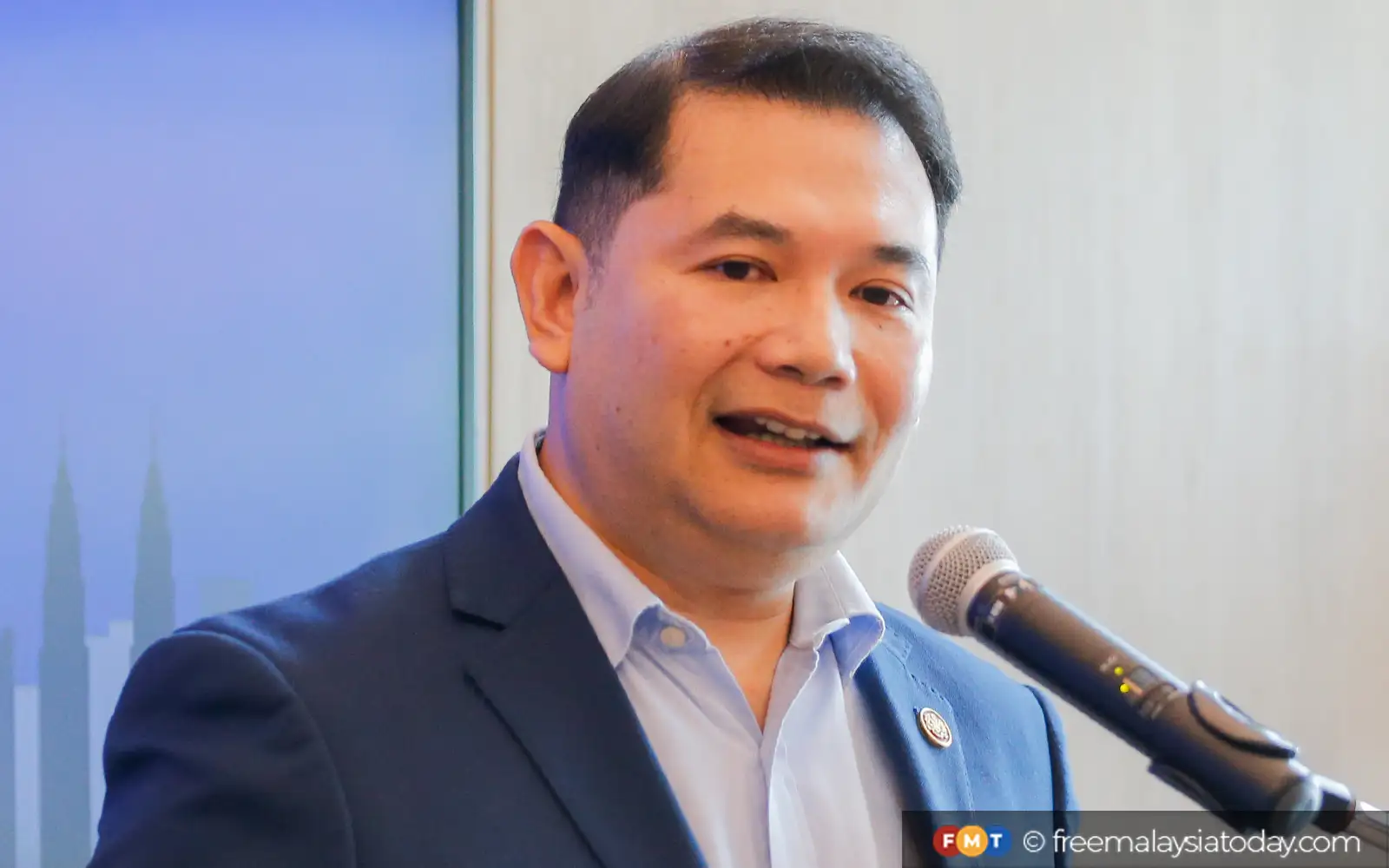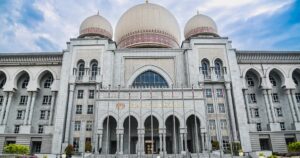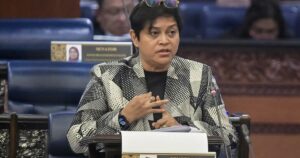
Negotiations between national oil company Petronas and Sarawak-owned Petros over the rights and distribution of gas resources must be done meticulously, former economy minister Rafizi Ramli said.
Rafizi said any oversight would be detrimental to the overall economy.
He said that if Sarawak’s claim to the gas resources is entertained without considering the existing overall financial structure, Petronas risks losing between RM15. billion and RM20 billion a year.
“It is not a paltry sum,” he said in the latest episode of his podcast “Yang Berhenti Menteri”.
Rafizi said Petronas contributed between RM30 billion and RM35 billion annually to the government’s coffers.
“If this sum drops, it would have an impact on the nation’s ability to fund basic services,” he said.
Petronas is the main contributor to the country’s revenue. Its yearly dividends fund several public services, including schools, hospitals, infrastructure pensions, and the salaries of civil servants, including those in Sarawak.
Rafizi said even if the revenue is not channelled into the state government’s coffers, the schools, hospitals and roads in Sarawak were built with federal funds, which are derived from Petronas’s dividends.
“So, if Petronas loses RM20 billion, the company will be unable to pay the RM35 billion in dividends to the federal government,” he said.
This inability by Petronas to do so could lead to a drop in the country’s credit rating and, in turn, would see the government’s cost of borrowings surge, he said.
Rafizi said Malaysia currently pays RM48 billion annually on interest alone, and the figure could increase to RM60 billion if credit ratings were to take a dive because of uncertainty in the oil and gas sector.
The law and Sarawak’s claims
The overlapping laws, namely the Petroleum Development Act and the Oil Mining Ordinance, have compounded the issue. Sarawak claims sole rights to energy resources found up to 200 nautical miles from the edge of its territorial waters based on maps and existing rights it had before joining Malaysia in 1963.
However, federal laws such as the Continental Shelf Act 2012 state that rights over oil and gas resources located beyond three nautical miles fall under federal jurisdiction, and therefore, belong to Petronas.
Rafizi said Sarawakians deserved more revenue from their resources, but there was a need for prudence when demanding it.
“If investors feel that our country is unstable when it comes to oil and gas policies, they will pull out. This industry needs billions of ringgit upfront, and if investors feel that there is political uncertainty, they will head to Indonesia, Surinam or other places,” he said.
In April, US oil company ConocoPhillips confirmed its exit from the Salam-Patawali deepwater oil and gas field, also known as Block WL4-00, off Sarawak’s coast, believed to be because of uncertainty over policies and law.
Earlier this year, Shell MDS was granted an injunction allowing the company to continue its operations without disruption until legal proceedings between Petronas and Petros have been resolved.
Rafizi said investments were based on long-term agreements and investors could pull out if the original contract was amended unilaterally, which would impact investor confidence as a whole.
He said the Distribution of Gas Ordinance 2016 in Sarawak accorded the state full control of the commodity, through Petros, even though the original agreement to buy and sell gas was made between Petronas and buyers from Japan and China.
He said investors took into account profit projections for these long-term contracts, which generally last 30 years, before deciding to pour in as much as RM6 billion to build the necessary infrastructure.
However, there were risks if the contract was unexpectedly amended, especially when it comes to additional demands being made.
“Imagine, what if one side were to ask for an additional RM15 billion on top of the original agreement. Where will the money be sourced from? And if Petronas would have to bear it, the international buyers would protest,” he said.
He said any sudden changes without negotiations beforehand would also prompt investors to pull out or discourage new investments.
If Petronas was plagued with uncertainty, the impact would not only be felt by the oil company but the country’s financial ecosystem.
Politics must not ignore economic realities
Rafizi, who was previously with Petronas, said any negotiation must result in a win-win solution.
“I agree that Sarawak should get more, but we need to find a way that will not impact the industry, Petronas’s sustainability and the country.”
He said a restructuring of the oil and gas revenue must be done through investing in development and not by neglecting the country’s economic structure that is currently under pressure.






